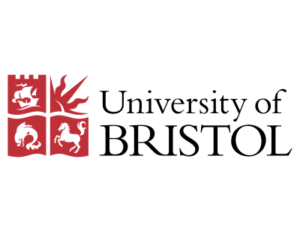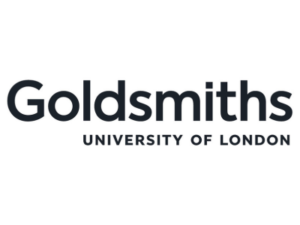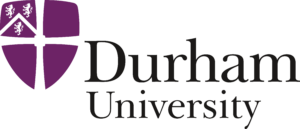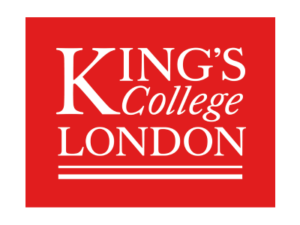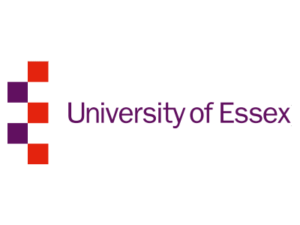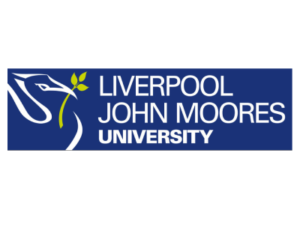Disadvantage does not disappear when students walk through the doors of a university. Some students are less likely to get good grades in their first year, more likely to drop out before their second year and less likely to graduate with a 1st or 2:1 in their final degree.
Join the Dots is a national initiative, co-designed with school leaders, which supports students as they apply for and transition to university. The programme is run in two parts – UniPrep, an open access programme to support KS5 students with university application and preparation, through a series of online resources and live webinars. Students who attend one of our partner universities then receive academic coaching in 1:1 and peer group sessions led by a PhD Coach, as well as advice and guidance as they settle in.
Each PhD Coach supports up to eight students throughout their first six months at the university, helping them to develop key university study strategies and to access university support as needed. The peer-group coaching helps to foster an increased sense of belonging.

Join the Dots supports students who:
A positive transition between school and university gives a student the best possible start to their university journey. The early weeks at their new home institution present new undergraduates with a range of challenges, including managing their academic work, living independently, and getting to know their peers. Receiving support in managing these challenges and having a positive transition experience enables students to cultivate a sense of belonging, which can improve their well-being and increase their likelihood of successfully completing their degree.
This is particularly important for students from under-represented backgrounds, who are more likely to drop out of university than their more advantaged peers, particularly in their first year. Data published in 2023 shows that 93% of undergraduate students from the most advantaged backgrounds (in terms of free school meal status and indices of multiple deprivation) continue their university studies to graduation, compared to 87% of undergraduate students who were eligible for free school meals in key stage 4 and 84% of students from the most deprived areas in England.
Join the Dots is designed around three key intermediate outcomes, identified in the research as central to boosting university success – academic self-efficacy, study strategy use, and sense of belonging.
All these key outcomes have been found to be strongly associated with attainment and retention in higher education in research. Studies have found that academic-related skills are a strong predictor of retention in university and that being able to plan, manage tasks, and set goals is associated with higher achievement in first year. Supporting students with their study strategies and learning approaches is therefore particularly important when they are adjusting to the kind of independent learning required at university.
The outcomes that Join the Dots aims to improve support universities with the Equality of Opportunity Risk Register: By providing students with increased self-efficacy during the transition period, it mitigates Risk 6 (Insufficient academic support); and by creating a community for students, it also speaks to Risk 7 (Insufficient personal support). Our Theory of Change for Join the Dots can be found here.
Data from our first two cohorts has established that Join the Dots positively impacts key outcomes that underpin student success. Participating students reported significantly higher levels of academic self-efficacy for university learning, as well as increases in effective study strategy use and sense of belonging. Importantly, all three of these intermediate outcomes are associated with retention and attainment at university.

We will continue to utilise outcomes from TASO’s Access and Success Questionnaire to measure intermediate outcomes for student success. In the longer-term, we will utilise HEAT and HESA datasets to track retention and degree outcomes.
The Brilliant Club is a sector-leading organisation with national reach, so is well-positioned to “Join the Dots” between schools, students and universities across the UK. Our experience recruiting, training and supporting PhD researchers to deliver access and success work means our PhD Coaches are well-equipped to support undergraduates from priority backgrounds to settle and to thrive at your institution. To find out more about how to become a Join the Dots partner university, please contact us via the button below.
